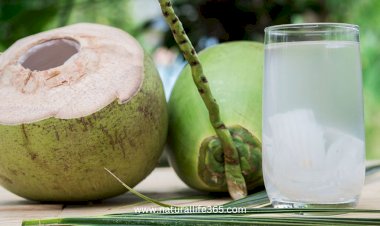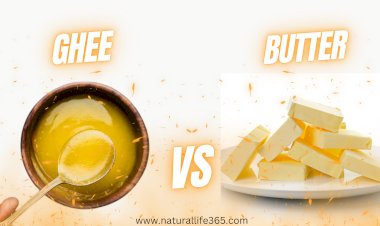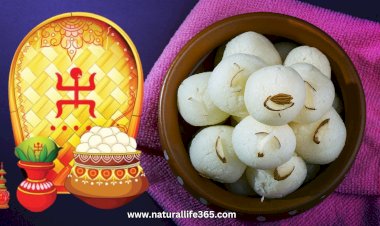Turmeric vs Curcumin: Which Should You Take?
Discover the key differences between turmeric and curcumin. Find out which one suits your health goals best. Make an informed choice today!
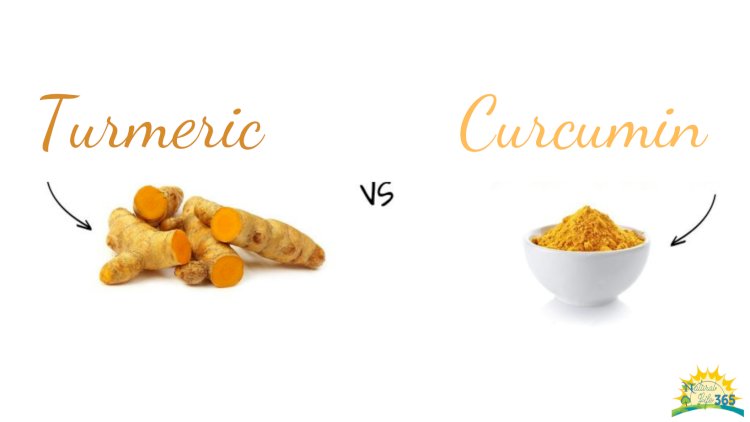
Before coming to India, I knew about curcumin because in Argentina, and more precisely in my hometown, some natural shops used to sell it as an immune system booster. I knew some people who consumed it in powder and mixed it with milk but I was never attracted to consuming it. And at least in my house, we did not have the habit of using it as a spice to prepare meals.
I must say that I used to call turmeric, curcumin because I always thought they were the same, but upon arriving in Kolkata, I discovered that they are not the same. Here, I learned to differentiate them as I use turmeric daily for cooking.
So, I wanted to dedicate this post to those who thought that turmeric and curcumin are the same (like me) and name their benefits, their key differences, and how to supplement with them.
What Are Turmeric and Curcumin?
Turmeric comes from the root of Curcuma longa, a flowering plant of the ginger family.
Here in Kolkata, it is often sold in powder. However, if bought fresh, it looks similar to ginger root with a more intense yellow-to-golden color.
In India, turmeric is used to treat skin conditions, digestive issues, and aches and pains. In fact, it’s a staple of Ayurvedic medicine, a form of traditional healing.
Turmeric contains many plant substances, but one group, curcuminoids, has the greatest health-promoting effects. Three notable curcuminoids are curcumin, demethoxycurcumin, and bisdemethoxycurcumin. Of these, curcumin is the most active and most beneficial to health.
Curcumin, which represents about 2–8% of most turmeric preparations, gives turmeric its distinct color and flavor.
In its own right, curcumin is known for its anti-inflammatory, anti-tumor, and antioxidant effects.
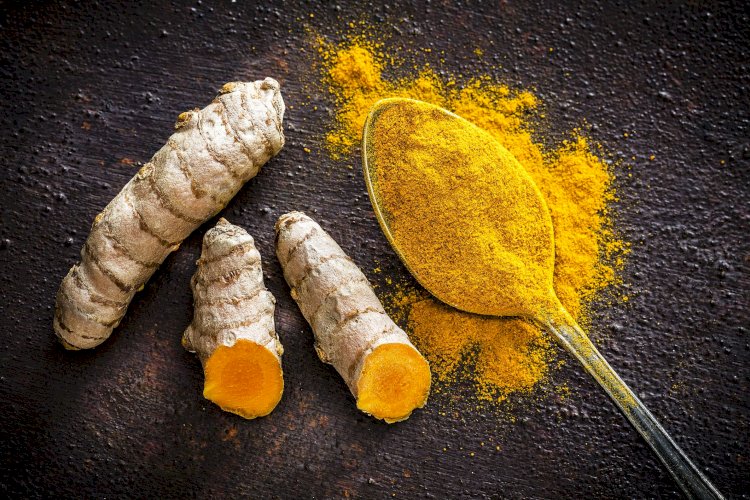
Turmeric and Curcumin Have Many Benefits in Common
Turmeric and curcumin have medicinal properties that provide many health benefits.
Here are some of the areas in which both turmeric and curcumin have shown clear benefits, backed by science:
- Osteoarthritis: Plant compounds in turmeric that include curcumin can reduce markers of inflammation and thus relieve osteoarthritis symptoms.
- Obesity: Turmeric and curcumin may inhibit the inflammatory pathway involved in obesity and may help regulate body fat.
- Heart disease: Turmeric and curcumin can reduce “bad” LDL cholesterol and triglycerides and reduce the risk of heart disease.
- Diabetes: Turmeric and curcumin can improve blood sugar metabolism and potentially reduce the effects of diabetes on your body.
- Liver: A rat study found that turmeric extract and curcumin were protective against chronic liver damage by helping reduce harmful oxidative stress.
- Cancer: Though research is still in its early stages, turmeric and curcumin may reduce the activity of the colon and other cancer cells and illness.
- Antifungal: Turmeric and curcumin can disrupt fungal cell membranes and could be used in conjunction with fungal medication for better outcomes.
- Antibacterial: Turmeric and curcumin have strong antibacterial effects. They can reduce the growth of many disease-causing bacteria.
You can also read How Understanding Prakriti and Vikriti Can Transform Your Health
Turmeric May Have Some Health Benefits Not Attributed to Curcumin
Turmeric is a plant that has gained a lot of respect in the medical world. Not only is it good for arthritis, but it may also protect your brain as you age. It shows promise in the treatment of Parkinson’s disease.
Turmeric contains various plant compounds that work together to support your body.
A study that looked at the antifungal activity of turmeric found that all eight of its components, including curcumin, were able to inhibit fungal growth.
The study also showed that curdione in turmeric had the best inhibitory effect. However, when combined with the seven other components, its fungal growth inhibition was even stronger.
Therefore, though curcumin alone can reduce fungal growth, you may get a much greater effect by using turmeric instead.
Likewise, another study found that turmeric was better at suppressing the growth of tumor cells than curcumin alone.
However, since turmeric contains curcumin, it’s hard to determine if turmeric is better than curcumin when it comes to other health conditions.
Curcumin May Be More Beneficial Than Turmeric for Specific Conditions
As curcumin is considered the most active ingredient in turmeric, researchers have begun to isolate it and examine whether it could benefit certain conditions on its own.
It has been shown to have strong anti-inflammatory and antioxidant effects and can even support wound healing through its antibacterial effects.
What’s more, both turmeric and curcumin have been found to reduce blood sugars in type 2 diabetes. However, an animal study determined that curcumin was better at minimizing diabetes markers than turmeric.
Curcumin can specifically lower inflammatory markers such as tumor necrosis factor (TNF) and interleukin 6 (IL-6), which are key contributors to type 2 diabetes.
Additional studies are needed that compare the effects of turmeric and curcumin in people with type 2 diabetes. These are not the only health benefits of curcumin. It may also reduce osteoporosis risk.
One animal study found that rats who received turmeric extracts enriched with curcumin-like curcuminoids had preserved bone mass, whereas those who had a lower amount of added curcuminoids showed no effect. However, curcumin is often poorly absorbed and can pass through your gut undigested.
A helpful tip is to add some black pepper to your meals or supplements that contain curcumin. A substance in black pepper called piperine can increase the bioavailability of curcumin by 2,000%.
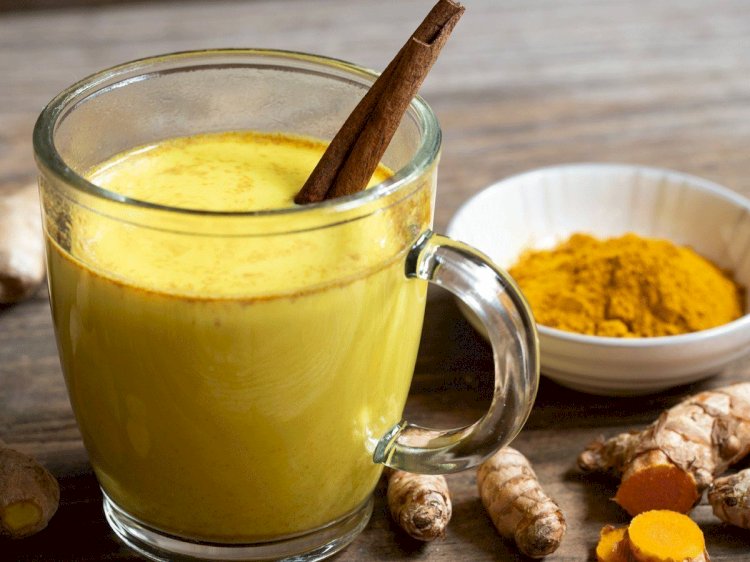
Which Should You Choose?
There is no official consensus on whether it’s best to take curcumin or turmeric supplements.
Most studies that have shown beneficial effects have used extracted turmeric with a high concentration of curcumin or curcumin alone.
When choosing a supplement, buying a formula that has been clinically tested and proven to be well absorbed is important.
In a review on joint arthritis, turmeric extract with 1 gram of curcumin per day showed the greatest benefit after 8–12 weeks.
For those wanting to reduce their cholesterol, 700 mg of turmeric extract twice a day may help.
One eight-week study found that 2.4 grams of turmeric powder combined with nigella seeds each day reduced cholesterol, waist circumference, and inflammation.
Though the research is mixed, one study in athletes found that 6 grams of curcumin and 60 mg of piperine in three divided doses helped reduce muscle damage after exercise.
Curcumin is considered to be well-tolerated and has been tested at high doses of up to 12 grams per day. However, it may cause some side effects like gut discomfort and nausea if you consume it in high quantities. You can try starting with low doses.
Thank you for reading this post!![]()
You can also read Ghee vs. Butter: Which is Healthier?
If you value these free online resources provided by Natural Life 365, please consider supporting my website by sharing the blogs ![]()
DISCLAIMER:
Some of the links in this content may be affiliate links. This means that if you click on one of the links and make a purchase, I may receive a commission (at no extra charge to you). However, I only recommend products that I personally use and have tested myself. Also, understand that I have taken reasonable steps to ensure that the information on this content is accurate, but I cannot represent that the website(s) mentioned in this post are free from errors. Please, check the Affiliate Disclosure at the bottom of this website.












